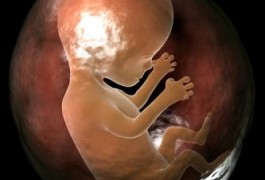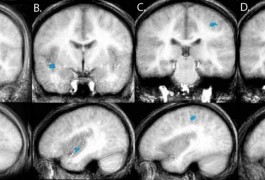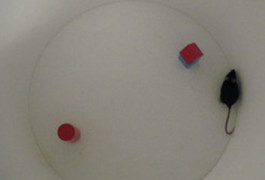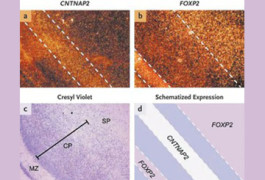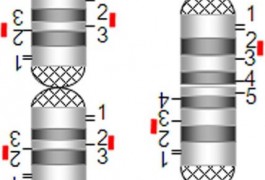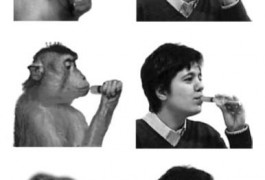High fetal testosterone triggers autism, British group says
In the past few years, studies have linked various chromosomal regions, candidate genes and copy number variations to a higher risk of autism. But none of those findings explain why the condition is four times more common in boys than in girls.
